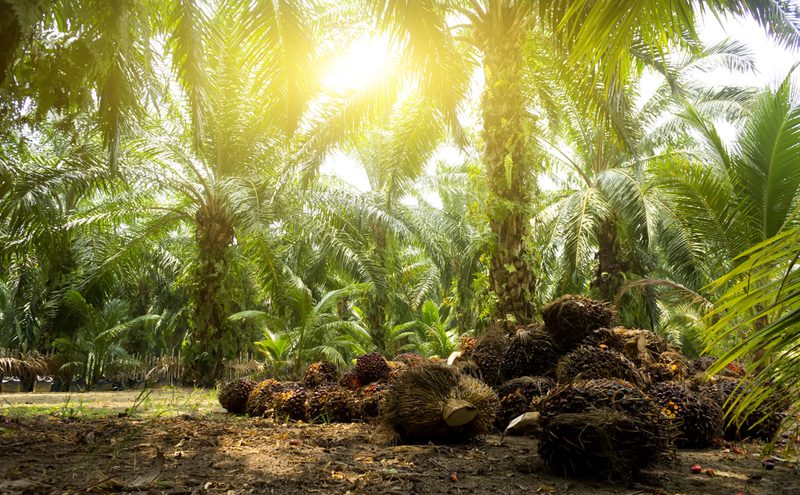
Responding to the news that Iceland is banning palm oil from its own brand products, Dr Jake Bicknell and Dr Matthew Struebig argue that the plan could backfire. Both hail from the Durrell Institute of Conservation and Biology (DICE) within the School of Anthropology and Conservation at the University of Kent.
Iceland’s move to ban palm oil in its products is unsurprising given the recent news that 100,000 orangutans have been killed in Borneo since 1999, most attributed to deforestation. Much of this deforestation has been associated, rightly or wrongly, with palm oil production. Retailers are therefore under a lot of pressure to ensure their palm oil products are sourced responsibly.
Palm oil is in numerous food and cosmetic products because it is cheap to produce. Compared to other sources of vegetable oil (e.g. rapeseed and soybean oil) palm oil yields up to five times the oil per unit of land, and requires far less pesticide and fertiliser. This means, in order to feed the world, palm oil is actually part of the solution, because fewer resources are required.
However, because palm oil grows in tropical areas, when forest is cleared, the impacts on climate and biodiversity are high. Certification – by which consumers pay higher prices for more sustainably sourced products – is one way to safeguard rainforests, but unfortunately less than 20% of palm oil is currently certified as sustainable. The industry has come a long way, but still has much to do to improve environmental practices.
To help this problem, we are working with palm oil certification bodies and companies to improve the way in which palm oil cultivation affects the environment. This involves demonstrating the advantages of connecting high-quality rainforest patches in oil palm plantations to allow wildlife to move freely. As certification of palm oil becomes more widespread, with it will come improved prospects for wildlife.
Therefore, Iceland’s move to ban palm oil products, rather than work with the industry to seek sustainably sourced solutions, could be viewed as a step backwards. Environmentally conscious consumers should demand palm oil from certified sources, but avoiding it altogether runs the risk of putting pressure on other crops that are equally to blame for the world’s environmental problems.
Time will tell whether retailer moves to withdraw palm oil will exacerbate environmental problems in the long term or provide the added pressure needed for producers to implement certification practices.”







